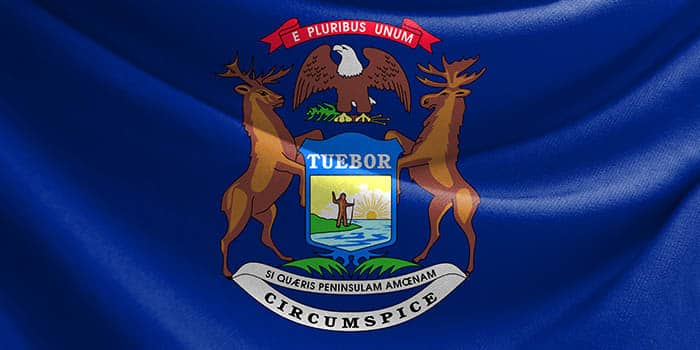- Casino
- By State
- Alabama
- Alaska
- Arizona
- Arkansas
- California
- Colorado
- Connecticut
- Delaware
- Georgia
- Florida
- Hawaii
- Idaho
- Illinois
- Indiana
- Iowa
- Kansas
- Kentucky
- Louisiana
- Maine
- Massachusetts
- Maryland
- Michigan
- Minnesota
- Mississippi
- Missouri
- Montana
- Nebraska
- Nevada
- New Hampshire
- New Jersey
- New Mexico
- New York
- North Carolina
- North Dakota
- Ohio
- Oklahoma
- Oregon
- Pennsylvania
- Rhode Island
- South Carolina
- South Dakota
- Tennessee
- Texas
- Utah
- Vermont
- Virginia
- Washington
- West Virginia
- Wisconsin
- Wyoming
- By State
- Slots
- Poker
- Sports
- Esports
Fact-checked by Stoyan Todorov
Channelization Rates in Portugal Suffer as Gamblers Turn to Illegal Gambling
Regulated gambling markets are almost universally facing the same problem – how do they boost channelization rates and stop people from betting at illegal bookies

According to the Portuguese Association of Online Betting and Gaming (APAJO), the country is facing a significant interest in betting on unregulated websites by consumers.
Based on a recent survey called Online Gambling Habits of the Portuguese, 41% or 2 in 5 gamblers, tend to bet with websites that have not obtained the necessary license to operate in the country.
Previously, APAJO brought a similar complaint against influencers whom it accused of promoting offshore gambling sites, arguing that they help amplify the messages of such websites.
APAJO Reveals Low Channelization Numbers in Portugal’s Legal Gambling Market
Instead, people tend to opt for well-established websites outside the country, but those do not have a license. The survey further states that out of the 15 most popular gambling sites in the market, four are running operations locally without a license.
The survey does not specify if the websites are simply available, i.e. not blocked, in the region or make a specific effort to stand out, such as marketing, localizing their offer and so on.
APAJO specifically names 22Bet, Bet Tilt, 1xBet, and surprisingly bet365. This comes at a time when the number of players who use the regulated market to gamble has been falling significantly.
Some of the people who responded that they had never used an offshore website to gamble also added that they were not sure what such a website would look like, leaving the possibility that consumers may have wagered with an unlicensed website, nevertheless.
Apart from hurting the regulated market, which has to stick to strict local rules, APAJO estimates that the country is missing out on $100 million in potential gambling tax revenue.
Commenting on these findings, APAJO president Ricardo Domingues said that offshore gambling websites were not playing by the rules, avoiding the obligatory social contract of protecting consumers and paying taxes while reaping all the benefits.
Domingues stressed that offshore gambling sites pose an array of risks to players and their personal and financial data, and have repeatedly exhibited “predatory” behavior towards vulnerable and at-risk gamblers.
APAJO Outlines Reasons Why People Turn to Offshore Options
APAJO similarly discovered that 37.7% of players preferred to bet at unlicensed gambling operators, citing a range of reasons, such as higher odds, a bigger selection of games, and more attractive sign-up and follow-up bonuses. Live casino games have been another strong magnet for local players.
Offshore markets have usually been able to offer all of these because they tend to have more money on hand as they do not face the same licensing and tax regimes, letting them experiment more aggressively with bigger bonusing schemes and promotions, securing additional software and more.
APAJO also sought to understand how such gambling websites were brought to the attention of consumers, who simply stated that a simple Google search was enough to discover websites and that social media was crawling with ads for offshore websites in the first place.
Angel has a passion for all forms of writing, be it fiction or nonfiction. His curious nature gives him an ace up his sleeve when researching a new topic. Angel’s thirst for knowledge, paired with adaptability, always helps him find his way around.
Previous Article

Industry
August 16, 2024
Jared Cannonier vs. Caio Borralho UFC on ESPN 62 Odds, Time, and Prediction

Must Read
Industry
June 27, 2025
Las Vegas Sphere Bashed for Charging $170 for Pizza
Industry
June 30, 2025
New Zealand Presses On with iGaming Legislation
More Articles



Sports
July 3, 2025
Missouri Sports Betting Open for Public Debate

Business
July 2, 2025
Rootz Rebrands to Wildz Group, Targets Growth














